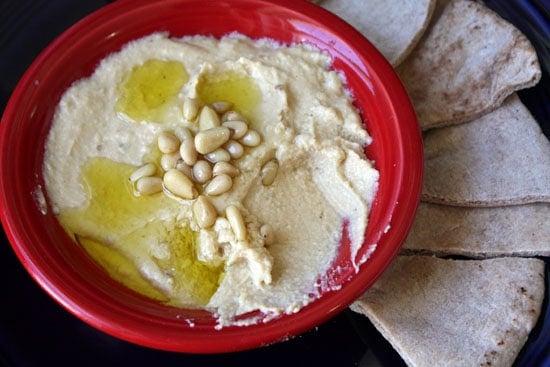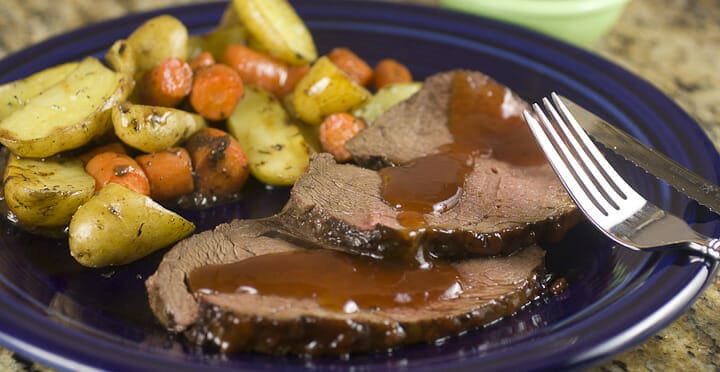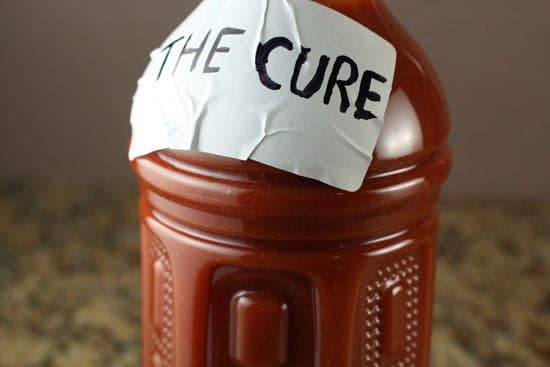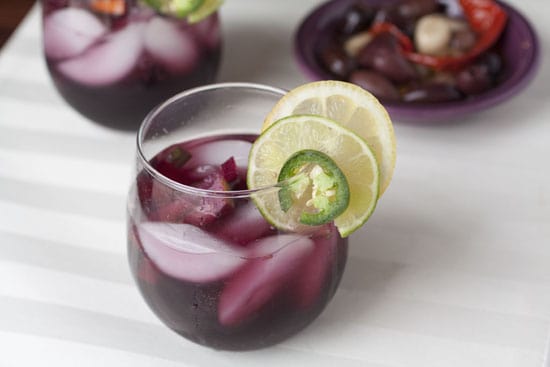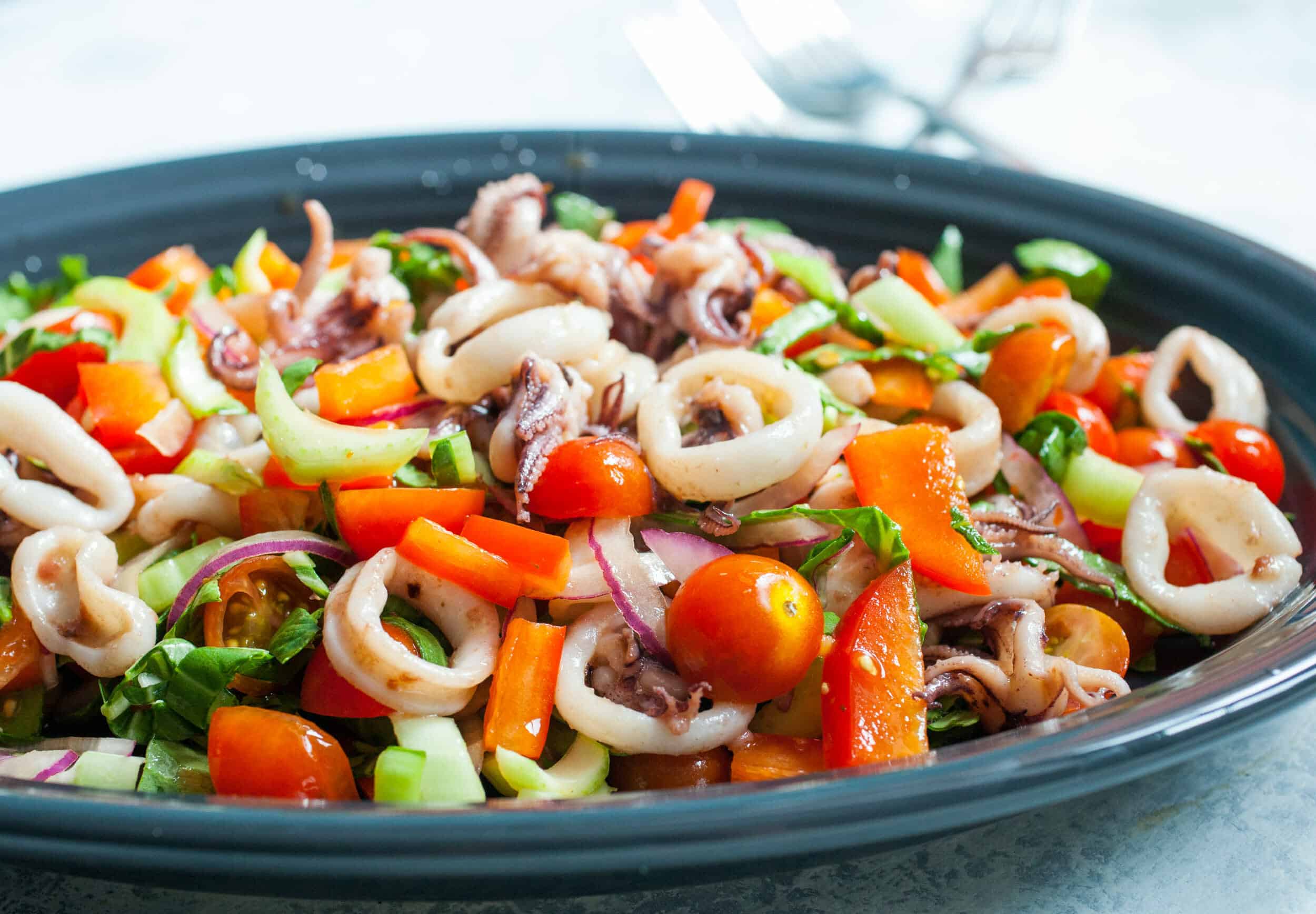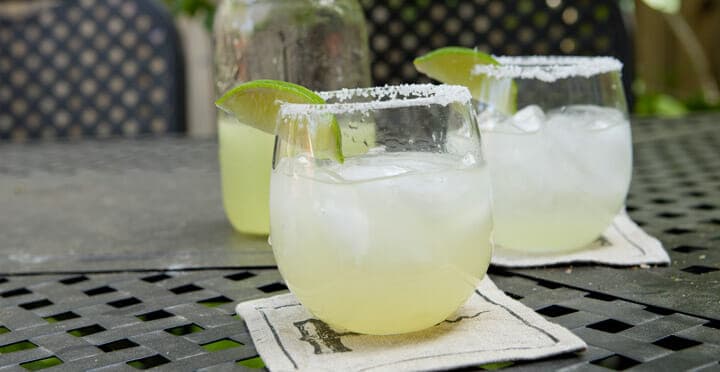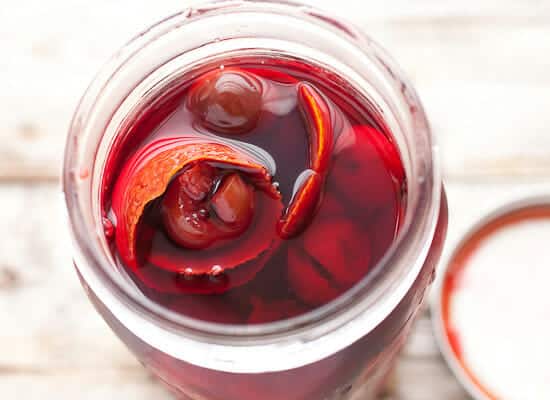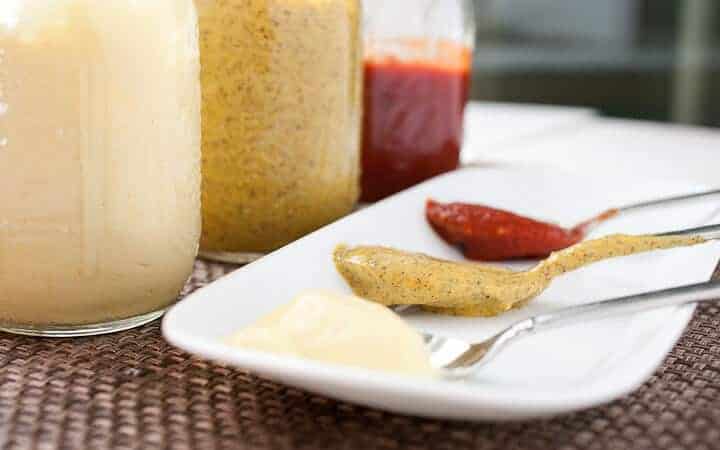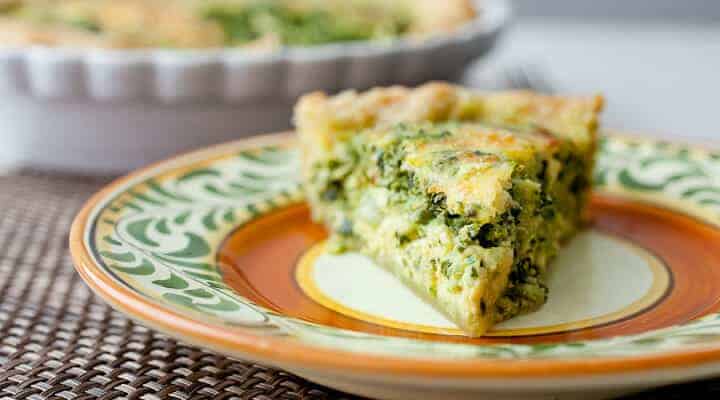Lemon Juice: Important Facts, Health Benefits, and Recipes
Discover the health benefits, culinary uses, and storage tips of lemon juice in our ultimate guide, and learn how to incorporate this citrus superstar into your daily life.
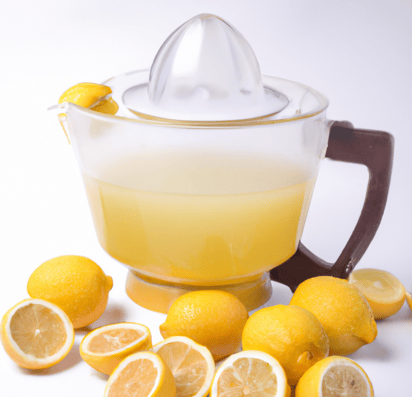
Nutritional Facts
1 cup
Amount per serving
Calories
53.7
Carbohydrates
16.8 g
Fat
0.6 g
Protein
0.9 g
Saturated Fat
0.1 g
Sodium
2.4 mg
Fiber
0.7 g
Sugar
6.1 g
Best Lemon Juice Recipes
-

-
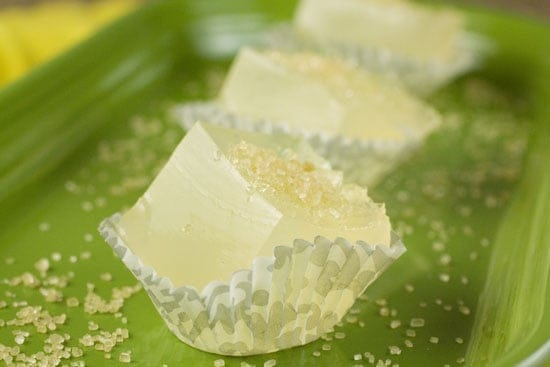
-
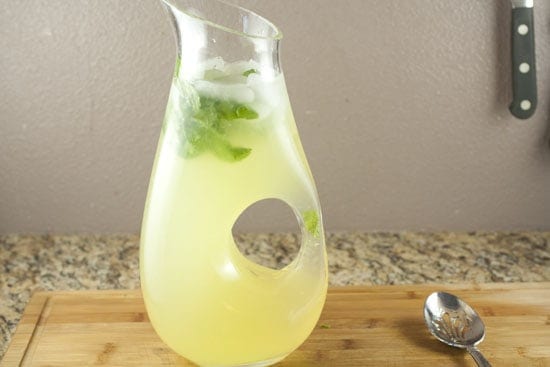
-
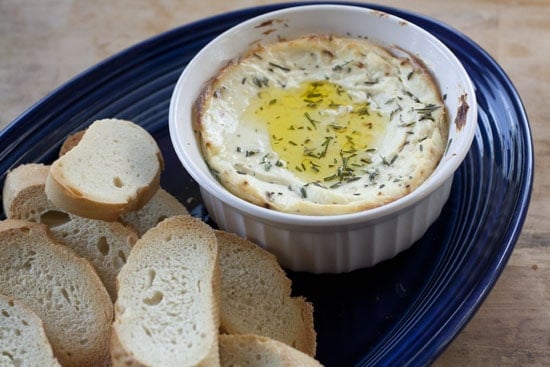
-

-

-

-
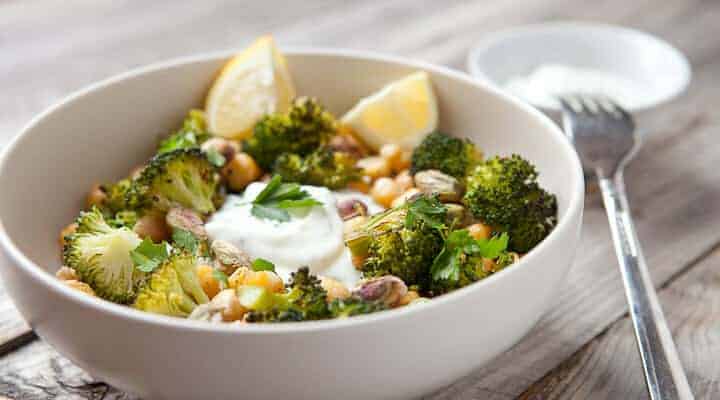
-
![Mascarpone Spinach Pasta Image]()
-
![Sun-Dried Tomato Orzo Salad Image]()
-
![Lemon Zinger Tuna Salad Image]()
-
![Individual Baked Eggs Image]()
-
![Fish and Chips Kebabs Image]()
-
![Bourbon Cured Salmon Image]()
-
![Pork Schnitzel Sandwiches Image]()
-
![Lemon Pepper Spatchcock Chicken Image]()
-
![Homemade Shrimp Burgers Image]()
-
![Creamy Hummus Image]()
-
![Slow-Cooker Chicken Provencal Image]()
-
![Spinach Artichoke Cups Image]()
-
![All-Purpose Bourbon Glaze Image]()
-
![Bloody Marys from Scratch Image]()
-
![Margarita Shrimp Tacos Image]()
-
![Freezer Baked Ziti Image]()
-
![Spicy Sangria Image]()
-
![Roasted Garlic Ricotta Pasta Sauce Image]()
-
![Spicy Black Bean Patties Image]()
-
![Easy Chicken Sheet Pan Supper Image]()
-
![Grilled Beef Heart Image]()
-
![Easy Baked Shrimp Dip Image]()
-
![Apple Cider Shrub Cocktails Image]()
-
![Spring Asparagus Carbonara Image]()
-
![Red Snapper in Salt Image]()
-
![Rice Pilaf Salad Image]()
-
![Green Eggs & Ham Image]()
-
![Cheese Ball Image]()
-
![Calamari Salad Image]()
-
![Lucky Green Cream Cheese Image]()
-
![Easy Homemade Tartar Sauce Image]()
-
![Artichoke Pasta with White Beans and Lemon Image]()
-
![Perfect Margarita Image]()
-
![Homemade Cocktail Cherries Image]()
-
![Chickpea Patties with Yogurt Sauce Image]()
-
![Five-Minute Ketchup, Mustard, and Mayo Image]()
-
![Easy and Fresh Falafel Salad Image]()
-
![The Flu Fix Tea Image]()
-
![Ad Hoc Chicken Nuggets Image]()
-
![Pesto Kale Quiche Image]()











